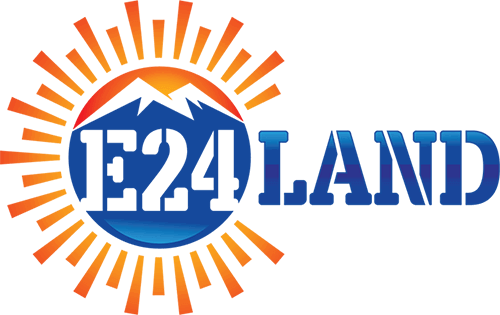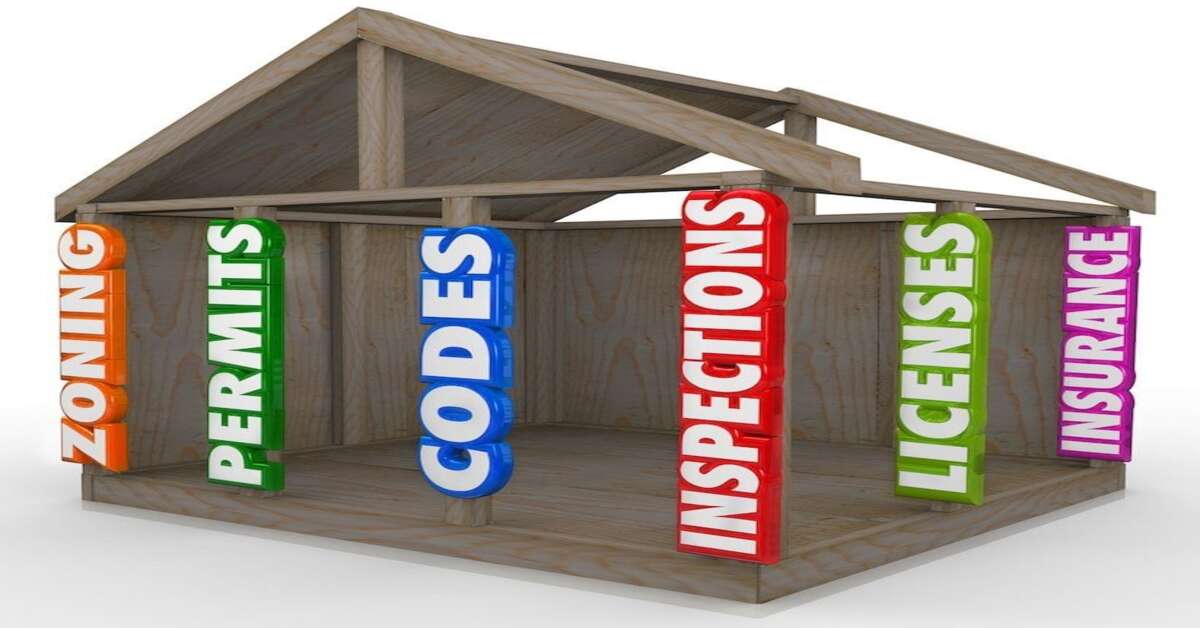What is Zoning and How Can You Check Your Property?
Are you interested in purchasing land and unsure about the zoning rules and regulations? When buying new land, it is necessary to understand zoning to know how you can use the property and who your neighbors will be.
The purpose of zoning laws is to control development and the use of land to create a safe and healthy environment for the people who live there. Zoning codes are among the oldest forms of property regulations. They originated in England in the 19th century and spread to other parts of the world.
Many countries have different zoning laws today, but their original purposes are the same. They are to protect human health from environmental risks and maintain community safety.
Zoning is why you do not see bowling alleys or zoos as your next-door neighbor. It’s even thought that zoning laws are somewhat responsible for why housing is not affordable in certain parts of the country.
What is Zoning?
Zoning refers to the laws and rules set by local, state, and federal governments. They determine how landowners can develop and use the land.
It further controls what can exist together in an area by grouping together land-use activities. The laws keep residential only residential, commercial only commercial, and industrial only industrial.
For example:
- A conservation zone includes natural resources or protected wildlife habitats from harmful actions.
- A rural zone includes undeveloped or agricultural land. They must be intended for farming and ranching but may limit these uses strictly in the form of single-family residences.
Zoning also regulates the details like the height of a building, required square footage, and intended use.
Your local decision-makers can change these rules if they prove there is a benefit.
Zoning Codes
Zones fall into four types: residential, commercial, industrial, and other.
- Residential: This includes multifamily homes or single-family homes and manufactured and mobile homes. The zoning rules that govern these properties depend on the residential district in which they reside.
- Commercial: Commercial zoning properties include the business district in a town, such as restaurants, office spaces, shopping centers, and other commercial buildings where people spend their money.
- Industrial: Industrial zoning properties include heavy industries, such as warehouses, heavy-duty manufacturing facilities, or wholesale real estate properties.
- Agricultural: Agricultural zoning will refer to areas that have farmlands and exist in an agricultural district. Agricultural zoning protects the farmlands from obtaining harm due to unlawful practices.
- Hotel or hospitality: Hospitality or hotel zoning allows property owners and developers to restructure their buildings to leverage the use of the buildings more economically.
- Historical: Historical zoning provides a safeguard for older buildings. This is prevalent in areas rich with culture and history, and zoning helps protect these buildings from being demolished or redeveloped.
The different zones determine the best way to promote and develop geographical areas based on these categories.
It is essential to know and understand the zoning before buying land.
How do I Check Zoning for My Property
You can check the zoning of a piece of land either online or over the phone. No matter the choice, it is completely free.
Online, a quick google search for the particular county planning and zoning returns the needed link. You can check the zoning once you have a verified seller with no tax liens or back taxes on the property.
The zoning information you need to find are the following:
- Determine the county the land is on
- The parcel number
The parcel number is on the listing, or contact the seller for the information. If the seller can’t provide a parcel number, consider it a scam or red flag. Remain mindful of that when attempting to retrieve this information. Additionally, they might not have the right to sell the property.
The Bottom Line
While not always easy to understand, creating zones is essential in keeping order in different geographical areas. Landowners in each zone can ensure that their interests remain protected by this process.
There are two big reasons why you need to check the zoning regulations on a new property:
- To determine how you can use your land and what you can build on it in the future
- To determine how your neighborhood can use their property.
Zoning specifically creates areas to develop income and land usage over time. Yet, with businesses running out of residential homes, zoning is needed to ensure that no one is taken advantage of.
As a result, everyone gets a fair chance to increase their economic potential regardless of geographical area with the least disruption to the community.
➡️Don’t forget to join our VIP Program to stay informed on coming soon properties, special discounts, and early access to the new properties before we start advertising to the public!!
➡️Check out our current inventory!

